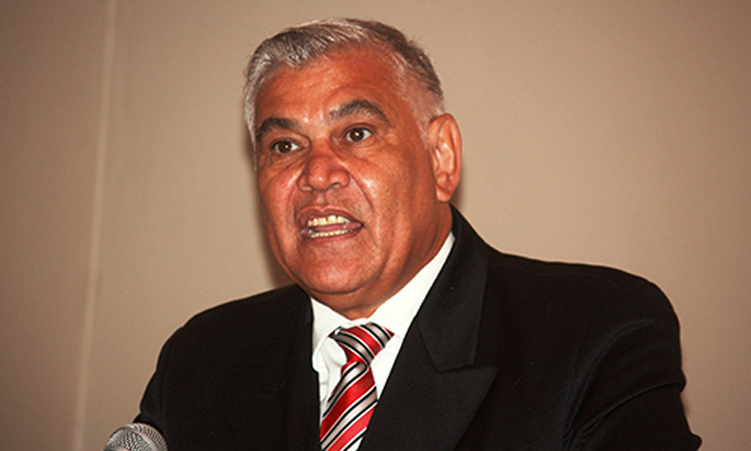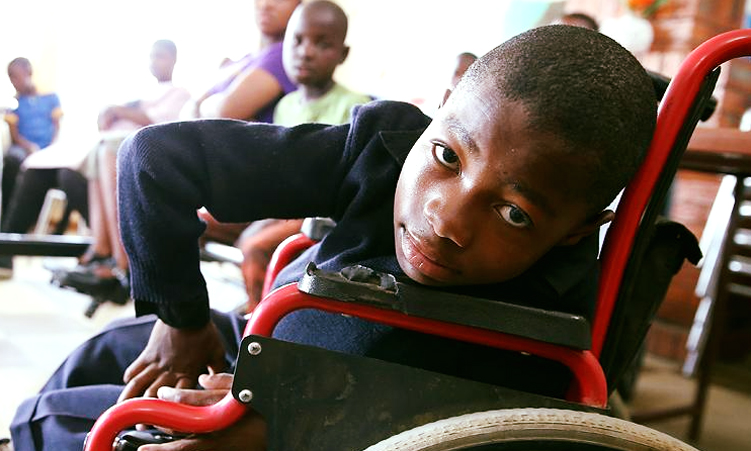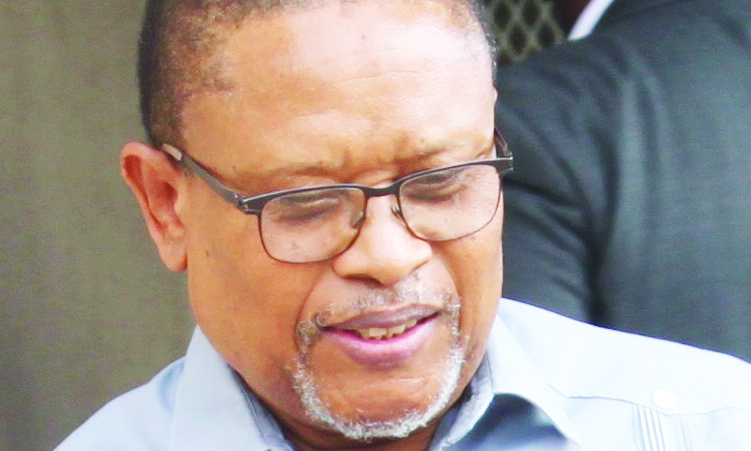THE poorest people tend to smoke the most and bear most of the disease burden caused by tobacco, a recent study by the World Health Organisation indicates.
As Namibia joined the rest of the world yesterday to commemorate World No Tobacco Day, the WHO said people with less education also tend to consume more tobacco. This year’s campaign was under the slogan: Tobacco and Poverty: A Vicious Circle, and stressed the enormous economic costs of tobacco use and cultivation to families, communities and countries.In Namibia the main events to mark the World No Tobacco Day took place at Keetmanshoop.The WHO said in a statement that this year’s slogan explained the inextricable link that exists between tobacco and poverty, and how the use of tobacco, especially by poorer people, can have harmful consequences to their already precarious economies and income.”There has been a tremendous progress on tobacco control thanks to the efforts made by many governments and civil society,” said Dr Lee Jong-wook, Director-General of WHO.”But the efforts must continue:every 6,5 seconds one person dies and many others fall ill or suffer diseases and disability due to tobacco use.The world cannot accept such easily preventable human and economic losses.”The WHO said studies have shown that poorer people spend a higher percentage of their household income on tobacco products, to the detriment of other basic needs such as food, healthcare or education.The WHO also highlights in this year’s campaign that an overwhelming majority of small tobacco farmers, especially in developing countries, live in poverty.”A big part of the health and economic costs related to tobacco are endured by small farmers and their families that grow the tobacco crop.Precarious labour conditions, including the use of child labour and exposure to highly toxic products, and a highly negative impact on the environment make tobacco an issue inextricably linked to poverty and other development issues,” said Dr Catherine le Gales-Camus, WHOŽs Assistant Director General.This year’s campaign was under the slogan: Tobacco and Poverty: A Vicious Circle, and stressed the enormous economic costs of tobacco use and cultivation to families, communities and countries.In Namibia the main events to mark the World No Tobacco Day took place at Keetmanshoop.The WHO said in a statement that this year’s slogan explained the inextricable link that exists between tobacco and poverty, and how the use of tobacco, especially by poorer people, can have harmful consequences to their already precarious economies and income.”There has been a tremendous progress on tobacco control thanks to the efforts made by many governments and civil society,” said Dr Lee Jong-wook, Director-General of WHO.”But the efforts must continue:every 6,5 seconds one person dies and many others fall ill or suffer diseases and disability due to tobacco use.The world cannot accept such easily preventable human and economic losses.”The WHO said studies have shown that poorer people spend a higher percentage of their household income on tobacco products, to the detriment of other basic needs such as food, healthcare or education.The WHO also highlights in this year’s campaign that an overwhelming majority of small tobacco farmers, especially in developing countries, live in poverty.”A big part of the health and economic costs related to tobacco are endured by small farmers and their families that grow the tobacco crop.Precarious labour conditions, including the use of child labour and exposure to highly toxic products, and a highly negative impact on the environment make tobacco an issue inextricably linked to poverty and other development issues,” said Dr Catherine le Gales-Camus, WHOŽs Assistant Director General.
Stay informed with The Namibian – your source for credible journalism. Get in-depth reporting and opinions for
only N$85 a month. Invest in journalism, invest in democracy –
Subscribe Now!






